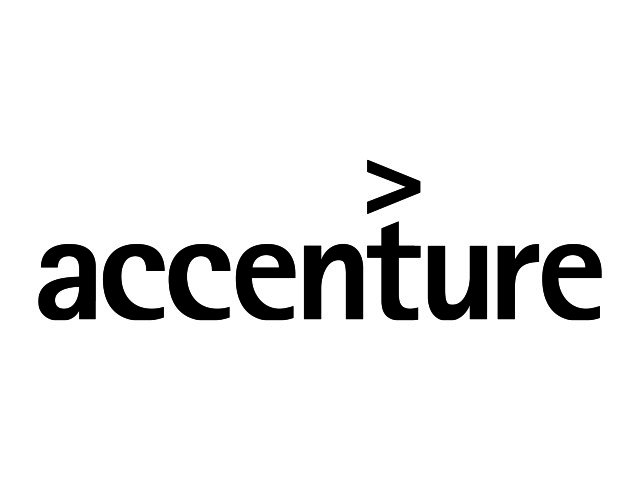Digital technology is continuing to evolve at breakneck speed, affecting nearly every aspect of our working lives. From connected smart devices, sensors, cloud, big data and analytics, these technologies are democratising the workplace through enabling tailored roles and rewards, allowing a flattening of the organisation and putting the “human” back in “human capital.” Through digital, people can co-create highly personalised work experiences, lead and manage in ways that free employees to exercise judgment and unleash their creativity at all levels of the organisation.
Speaking at the 60th annual Institute of People Management Convention breakfast in Johannesburg today, Dr. Roze Phillips, managing director for Accenture Consulting, stressed to Human Resources professionals that the workforce roles, demographics and expectations are changing. “By 2025, 75% of the workforce will be made of millennials – 15% of them are already managers.
“These millennials (89%) prefer to choose when and where to work rather than being placed in a nine-to-five position. About 90% of them do not plan to stay with any given employer for more than five years. They prefer on-the-spot recognition over formal reviews and 60% of them prefer a job with social impact – technology is a key influencer of these new ways of working,” said Phillips.
It is clear that the next major connected ecosystem to emerge beyond our cars and homes is likely to be the workplace – influenced by a number of factors including millennials, where the benefits of Living Services for workers at all levels will be tangible. Living Services, also known as the Internet of Things, are the result of two powerful forces: the digitisation of everything and ‘liquid’ consumer expectation. This is all made possible by a proliferation of cheap sensors in nearables like your smartphone, or wearables like your Fitbit able to detect speed, height, distance, temperature and heart rate and even noxious gases.
“Wearable technology for the workplace is now a focal point for technology developers. Dell Research, for example, is working on a headset with NeuroSky that will monitor brain activity to identify an employee’s mood or state of mind. The concept could mean that an employee who is in deep concentration on a piece of work could be protected from interference. Or one who is relatively free, could be open to more communication,” said Phillips.
Enabling employees to track their wellbeing at work could boost productivity by linking their physical wellbeing to their workload, so demanding and stressful tasks can be scheduled for times when they are most alert, for example. “If this sounds far-fetched, London-based predictive analytics firm, The OutsideView, requires all its staff to take part in an experiment that involves them using a variety of apps and wearables such as Sleep Cycle, Moves and Meal Snap to track how much they eat, sleep and how happy and fit they are, in a bid to develop a more productive workforce,” she said.
Elsewhere, Living Services could speed up the pace of many different spheres of enterprise or public service delivery by providing very specific data about a work scenario or piece of hardware. This could be very simplistic, such as warning a management team due to travel to a regional office that a flight has been delayed and automatically providing alternative options. “Or very complicated, for example designing a Living Service for an airline fleet maintenance schedule coordinated with aircraft component monitoring and spare part sourcing.”
Significant steps towards building business Living Services are being made in the area of field service management, for example with delivery and in the field sales.
Workers out on the road and the equipment and vehicles they use are increasingly being linked in real-time back to headquarters, enabling sales managers, logistics teams and human resources departments to make more informed decisions rapidly. TomTom Telematics provides an integrated field service that combines satellite navigation and mobile business applications on a single device that can be used for a variety of tasks, from proof of delivery to monitoring the progress of individual workers or submitting vehicle safety checks.
Leading companies have realised the workplace changes in demographics and expectations. As a result, they are applying consumer principles to raise the bar for the employee experience, delighting employees as they would customers. These companies are putting experience at the heart to deliver differentiated employee experiences to attract, develop, engage, and retain top talent in today’s digital economy. Studies have shown that companies who design their business and HR processes around the moments that matter to the employees outperform the S&P500 by 122%. So reimagining your business process, structure and culture is not just a response to the impact of technology or the requirements of the future workforce, it also make very good business sense.





